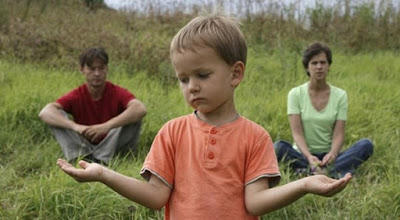When parents separate and do not talk to each other again, this affects not only the mental state but also the physical health of their children. These children, when they become adults, are three times more likely to catch the cold virus than people whose parents were married or continued to be friendly after the divorce.
This is shown by a new American scientific study, led by Carnegie Mellon University psychologist Michael Murphy, published in the journal of the US National Academy of Sciences (PNAS).
The researchers experimented with 201 people aged 18 to 55, who were exposed to the common cold virus and then monitored them for five days to see who was sick and who was not. 109 had parents who had not divorced, 41 who had divorced but were still talking after the divorce, while 51 had parents who had no communication after the divorce.
It was found that people who had experienced a painful and unfriendly divorce, with the result that their parents never spoke again, were the ones most at risk of catching a cold (they were at least three times more likely).
If one's parents had divorced "civilly" and always kept in touch, then the child as an adult was no longer vulnerable to colds.
The increased risk is mainly attributed to the psychological stress that affects the immune system. "Our findings show the significant long-term effects of an early family conflict on the immune system. "They also show that not all divorces are the same, as ongoing communication between parents is a bulwark against the poisonous effects of separation on children's future health," said psychology professor Sheldon Cohen.
"Stressful experiences in the early stages of life do something to physiology and inflammatory reactions, which increases the risk of worse health and chronic diseases. "Our study is a step forward in better understanding how family stress during childhood can make a child more vulnerable to illness after 20 to 40 years."
Numerous previous studies have correlated the childhood experience of parental separation (with or without divorce) with a variety of negative psychological consequences for these children, worse school performance, lower income as adults, etc. Children of divorced parents are more likely to feel more unhappy after adulthood, have more mental health problems and greater difficulty in their relationships with other people.
They are even more likely to report various physical aches, asthma, heart attack, stroke or certain cancers, as well as to die prematurely from various causes, especially cardiovascular.
However, the effects of each type do not usually seem to be large, and they vary greatly from person to person.
Source: RES - EIA

